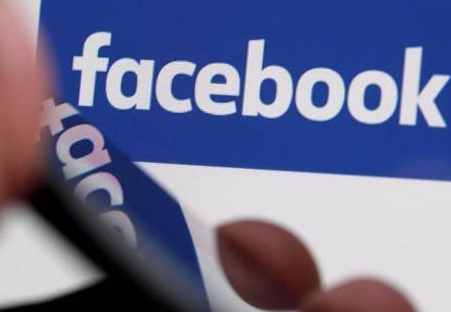Facebook Hacking
 A recent $5 billion settlement with the Federal Trade Commission (FTC) brought with it a series of new company privacy regulations that CEO Mark Zuckerberg said would require "hundreds of engineers to operate." But when it comes to customer service workers, Facebook lacks representatives required to communicate with users who are confused or need assistance in the aftermath of an account hack.
A recent $5 billion settlement with the Federal Trade Commission (FTC) brought with it a series of new company privacy regulations that CEO Mark Zuckerberg said would require "hundreds of engineers to operate." But when it comes to customer service workers, Facebook lacks representatives required to communicate with users who are confused or need assistance in the aftermath of an account hack.It is so difficult to contact an actual human being to assist you that scammers have built fake Facebook help lines to steal data or money from disgruntled users. York told Digital Trends that either being popular and getting an agent who can handle requests for you or knowing someone who works at the organization, is the best way to get assistance on Facebook.
The Facebook Help Center does not offer you an obvious way to contact Facebook Support directly. Instead, users often have to deal with FAQs, chatbots, and forums, not actual, human Facebook representatives who can cope with a specific hack problem.
Here's the customer service thing about Facebook: their users aren't actually customers. Most users are the commodity, aside from advertisers who directly pay for Facebook. Facebook needs to use their data for ad targeting. It means that when it comes to offering help after hacks or avoiding account breaches in the first place, there is little motivation for Facebook to do better.
The customer service team does not have the kind of engineering or platform access that it needs to really help the victims of compromised accounts in a business as large as Facebook. If a support representative is a third-party contractor and Facebook is known to employ thousands for different needs, they may have very limited access to the internal infrastructure of Facebook.
In the aftermath of the $5 billion FTC settlement, Digital Developments reached out to Facebook to ask how many service representatives the organization hires, if they are full time or contractors, and whether it plans to improve its customer support. We haven't heard back, but if we do, we'll update this post.


